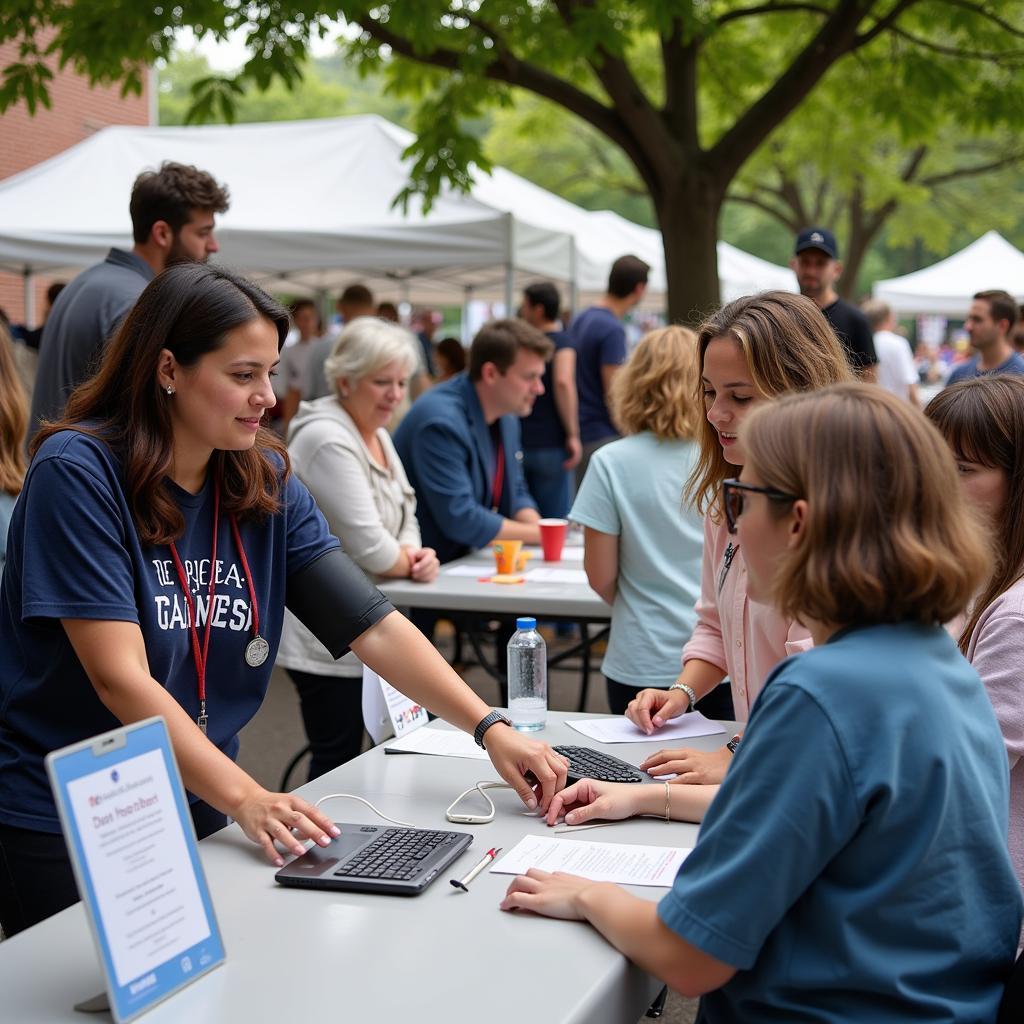Open health care clinics offer a vital safety net for communities, providing essential medical services to individuals who may face barriers to traditional healthcare. These clinics operate on the principle of accessibility, welcoming patients regardless of their insurance status or ability to pay.
What is an Open Health Care Clinic?
An open health care clinic is a type of medical facility that operates on a sliding-scale fee system or offers services free of charge. They focus on providing primary and preventive care to underserved populations, including low-income families, the uninsured, and those with limited access to transportation or specialists.
These clinics often operate as non-profit organizations, relying on grants, donations, and volunteer medical professionals to provide their services. They play a crucial role in bridging the gap in healthcare access, ensuring that everyone has the opportunity to receive basic medical attention.
The Importance of Open Health Care Clinics
Open health care clinics address a critical need within the healthcare system by:
- Improving access to care: They eliminate financial barriers, allowing individuals and families to seek medical attention when needed without the fear of overwhelming costs.
- Promoting preventive care: By offering routine check-ups, screenings, and health education, these clinics help prevent serious health issues from developing or worsening.
- Reducing emergency room visits: Open health care clinics provide an alternative for non-emergency medical needs, decreasing the burden on already overcrowded emergency rooms.
- Strengthening community health: By addressing the health disparities within underserved populations, these clinics contribute to the overall well-being of the community.
Services Offered at Open Health Care Clinics
While the specific services offered may vary depending on the clinic, common offerings include:
- Primary care: Routine check-ups, physical exams, vaccinations, and management of chronic conditions like diabetes and hypertension.
- Women’s health: Family planning services, prenatal care, and well-woman exams.
- Pediatric care: Well-child visits, vaccinations, and management of common childhood illnesses.
- Mental health services: Counseling, therapy, and referrals to specialized mental health providers.
- Dental care: Basic dental check-ups, cleanings, and extractions.
How to Find an Open Health Care Clinic
Locating an open health care clinic in your area can be done through various resources:
- Online directories: Websites like the National Association of Free & Charitable Clinics (NAFC) and HRSA Find a Health Center provide comprehensive lists of clinics nationwide.
- Local health departments: County or city health departments often maintain directories of free and low-cost health services, including open health care clinics.
- Community centers: Many community centers have partnerships with local health organizations and can provide information on nearby clinics.
- United Way: Dialing 2-1-1 connects you to the United Way, which can offer referrals to health and human service providers, including open health care clinics.
 Open Health Care Clinic Participating in Community Health Fair
Open Health Care Clinic Participating in Community Health Fair
Supporting Open Health Care Clinics
Open health care clinics rely heavily on community support to continue providing their vital services. You can contribute by:
- Volunteering: Offer your time and skills in administrative tasks, patient support, or professional medical services.
- Donating: Financial contributions, medical supplies, and non-perishable food items are always needed.
- Spreading awareness: Share information about open health care clinics with your network and advocate for their importance within your community.
Conclusion
Open health care clinics play an indispensable role in ensuring equitable access to healthcare. By providing quality medical care to those most in need, they promote individual well-being and strengthen the health of the entire community. Supporting these clinics through volunteering, donations, or simply raising awareness can make a significant difference in the lives of countless individuals and families.


